12 GPTs for Culinary Adventure Powered by AI for Free of 2026
AI GPTs for Culinary Adventure are advanced artificial intelligence tools designed to enhance and innovate the culinary field. These tools leverage Generative Pre-trained Transformers (GPTs) to offer tailored solutions for a wide range of tasks related to cooking, food discovery, recipe generation, and culinary education. By understanding and processing natural language, they can assist users in exploring new cuisines, creating unique recipes, or learning about culinary techniques, making them a pivotal technology for culinary enthusiasts, chefs, and food industry professionals.
Top 10 GPTs for Culinary Adventure are: Richmond Luncher,What to Eat GPT,Magic Meatball,Secret Menu Guide,沖縄そば占い,Fine Dining Near Me,臺中觀光,Outback Chef,Bacalar,Nasi Lemak Mood Chef
Richmond Luncher
Your AI-Powered Gourmet Guide
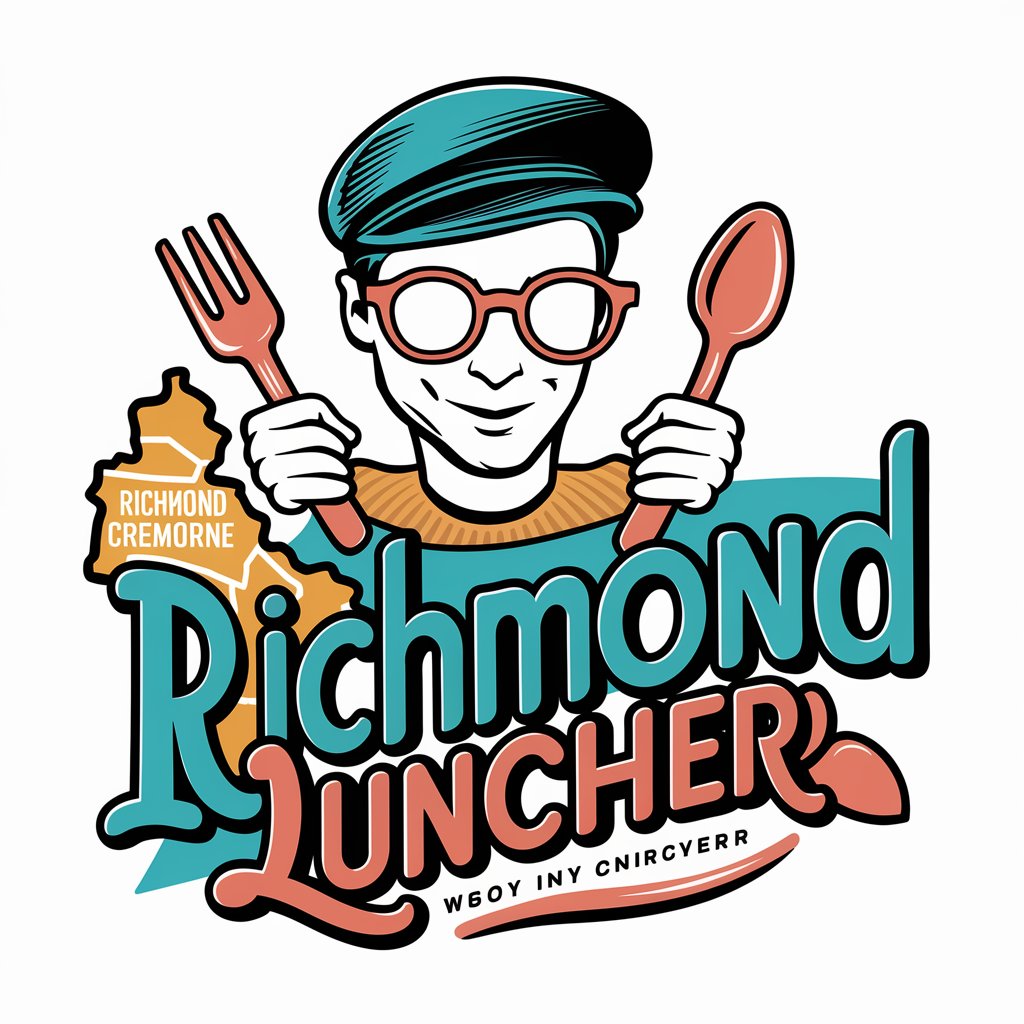
What to Eat GPT
Spin the Wheel of Flavors, AI-Powered!
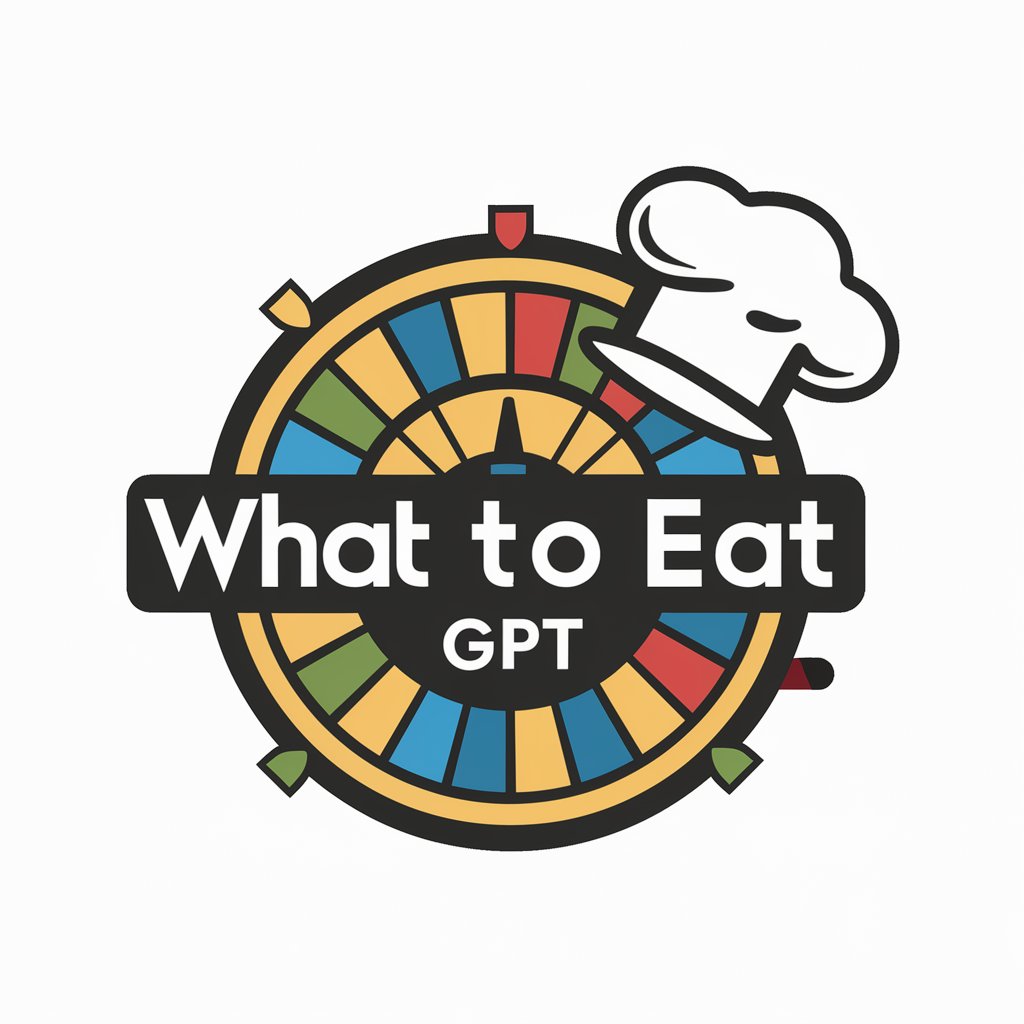
Magic Meatball
Taste the magic of Italian hospitality

Secret Menu Guide
Unlock Hidden Fast-Food Treasures

沖縄そば占い
Discover Your Fortune Through Okinawan Soba
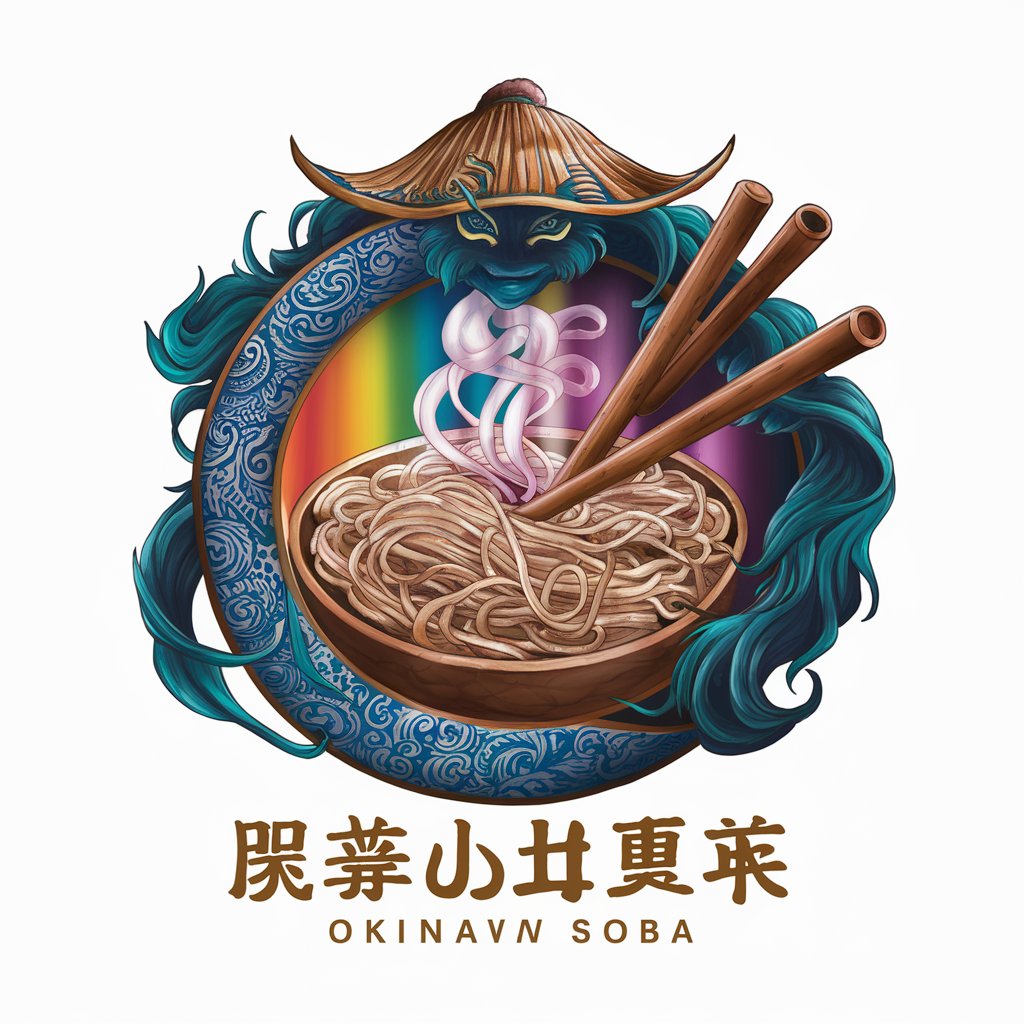
Fine Dining Near Me
Discover Exquisite Dining, Powered by AI

臺中觀光
Explore Taichung with AI
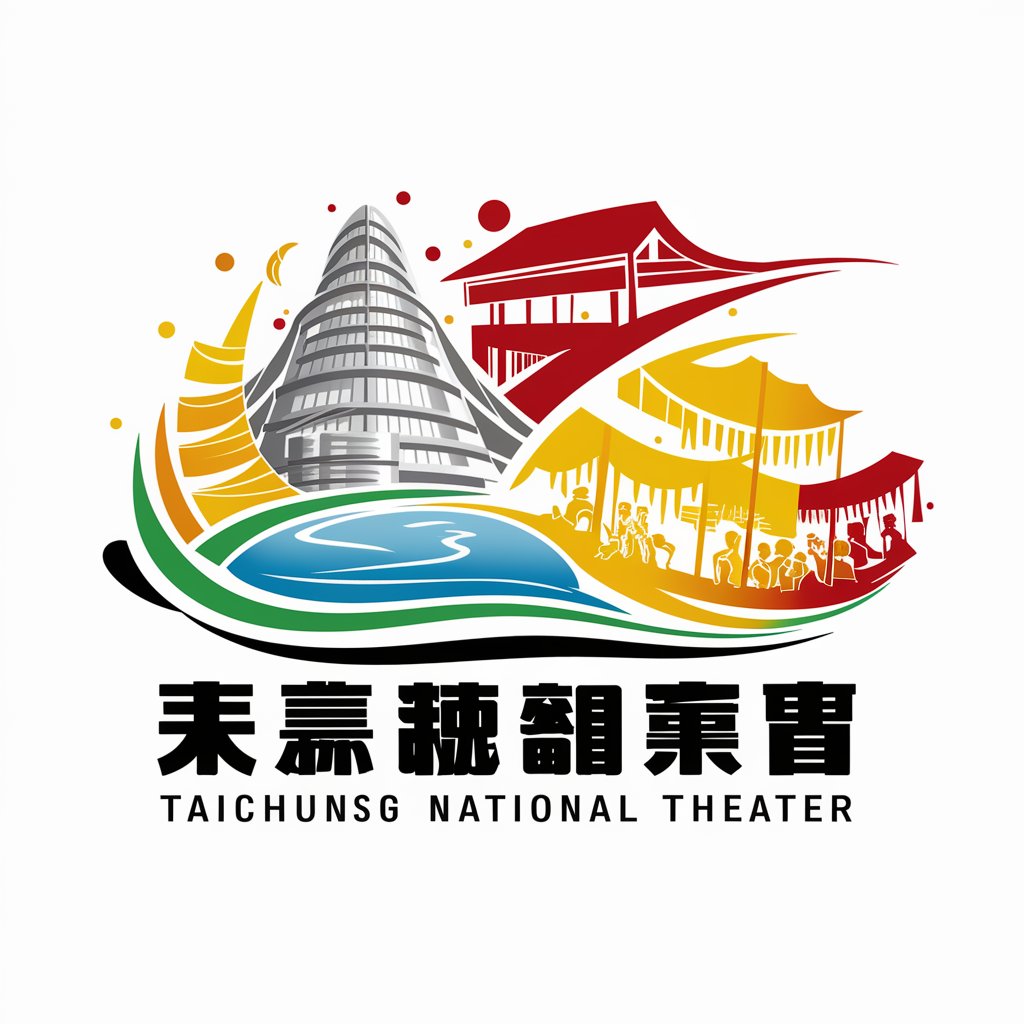
Outback Chef
Simplify Your Outdoor Cooking with AI
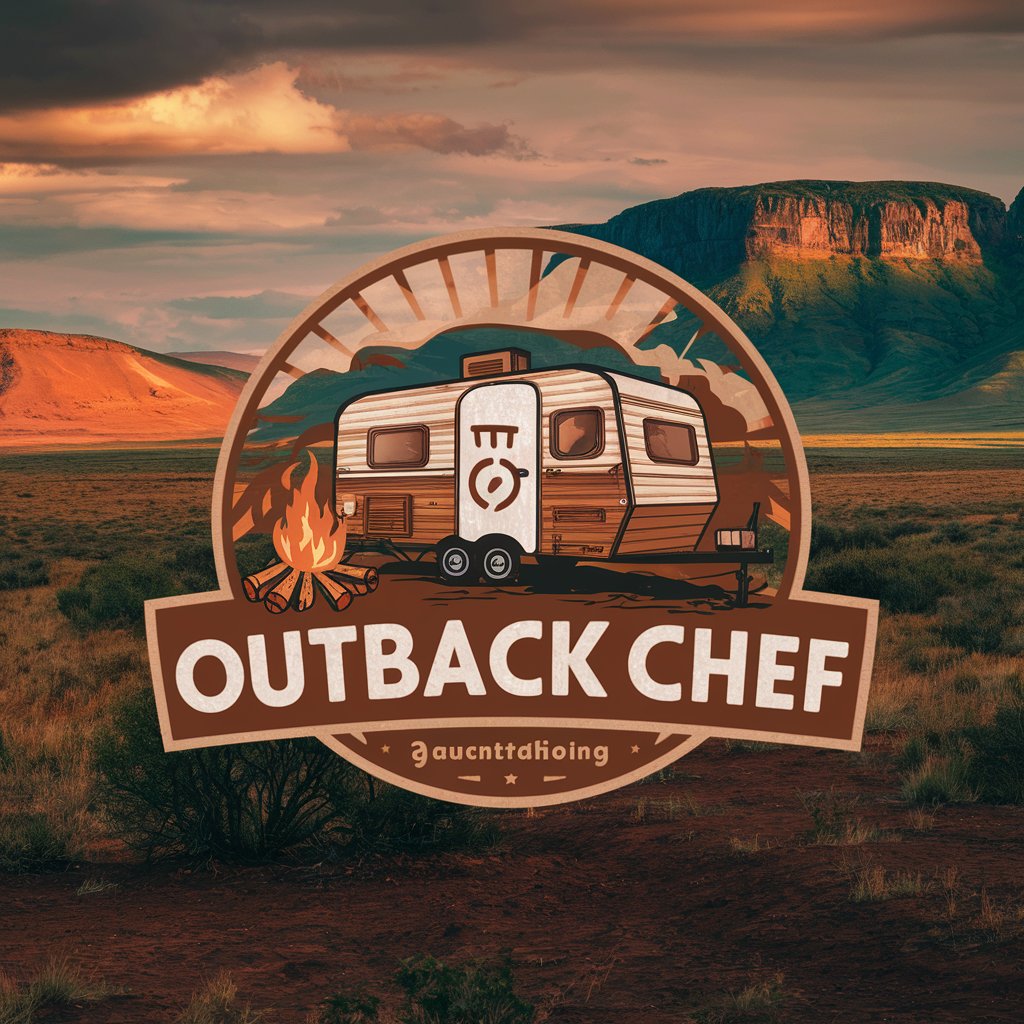
Bacalar
Discover Bacalar with AI-Powered Insights
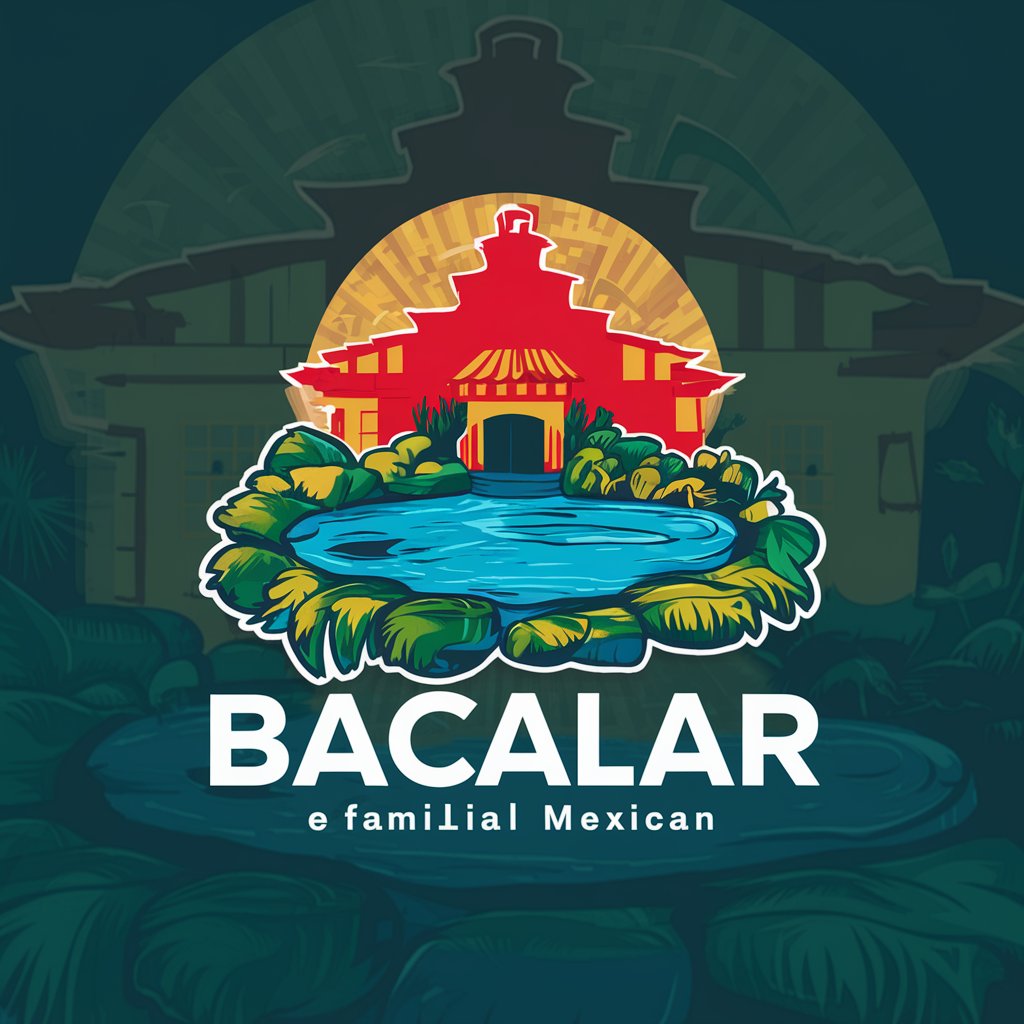
Nasi Lemak Mood Chef
Cooking to Match Your Mood
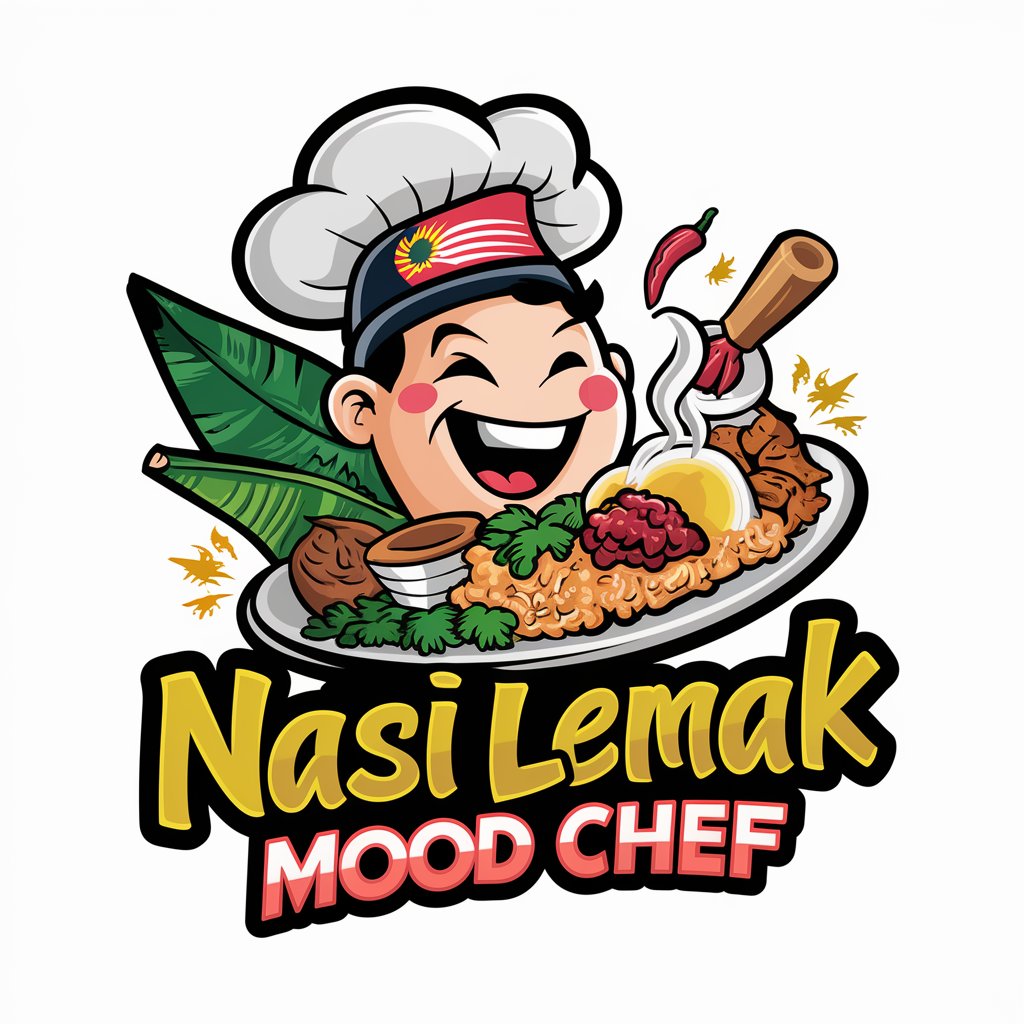
黑暗料理宝匣
Unleash Your Culinary Creativity with AI

Hot Curry Mood Chef
Tailored Curries to Match Your Mood

Distinct Capabilities and Features
AI GPTs for Culinary Adventure stand out due to their adaptability across various culinary tasks. These include generating innovative recipes based on specific dietary restrictions or available ingredients, providing step-by-step cooking guidance, and offering insights into food culture and history. Special features also encompass language learning for international cuisine terminology, technical support for cooking techniques, web searching for culinary trends, image creation for food presentation ideas, and data analysis for flavor pairing and recipe optimization.
Who Benefits from Culinary AI Innovations
The primary beneficiaries of AI GPTs for Culinary Adventure are culinary novices seeking to improve their cooking skills, developers creating food-related apps or websites, and professionals in the culinary industry looking for innovative ideas and solutions. These tools are designed to be user-friendly for those without coding skills, while also offering advanced customization options for tech-savvy users, thus catering to a broad audience.
Try Our other AI GPTs tools for Free
Fun Dining
Discover how AI GPTs for Fun Dining revolutionize meal experiences with personalized recommendations, interactive guides, and culinary innovation, making every meal an adventure.
Emotional Bonding
Discover how AI GPTs for Emotional Bonding transform interactions with personalized, empathetic responses, bridging human emotions with technology.
Unique Traits
Discover how AI GPTs for Unique Traits harness the power of customization to deliver personalized solutions across diverse sectors, enhancing user experiences and operational efficiencies.
Breed Specific
Discover tailored AI solutions for breed-specific inquiries with our advanced GPT tools, designed to provide accurate, relevant information and insights for various breeds.
Personalized Names
Discover how AI GPTs for Personalized Names revolutionize the creation and analysis of names with advanced AI, offering tailored solutions for individuals and professionals alike.
Competitive Positioning
Discover how AI GPTs transform competitive positioning with advanced analytics, trend forecasting, and actionable insights, tailored for market strategists and business professionals.
Expanding Culinary Horizons with AI
AI GPTs for Culinary Adventure not only democratize access to culinary knowledge but also inspire creativity and innovation in the kitchen. With user-friendly interfaces and the ability to integrate with existing systems, these tools are reshaping how we explore and experience food, making culinary arts more accessible and enjoyable for everyone.
Frequently Asked Questions
What exactly are AI GPTs for Culinary Adventure?
AI GPTs for Culinary Adventure are specialized AI tools that use generative pre-trained transformer technology to assist in culinary-related tasks, including recipe creation, culinary education, and food exploration.
How can these AI tools help a novice cook?
They can provide personalized cooking guidance, suggest recipes based on ingredients on hand, and offer tips and tutorials on various cooking techniques.
Can AI GPTs create recipes for specific dietary needs?
Yes, they can generate recipes tailored to dietary restrictions such as vegan, gluten-free, or keto diets by processing user preferences and nutritional requirements.
Are there customization options for developers?
Developers can access APIs and programming interfaces to integrate these AI tools into their culinary apps or websites, customizing features to fit specific needs.
How do AI GPTs stay updated with culinary trends?
These tools continuously learn from a vast array of online culinary sources and user interactions, ensuring they provide current and innovative culinary solutions.
Can these tools assist in learning about international cuisines?
Absolutely, AI GPTs can offer insights into international cuisines, teach related terminology, and suggest authentic recipes, promoting global culinary exploration.
Is there a way to get technical support for complex cooking techniques?
Yes, these AI tools can provide detailed explanations and step-by-step guides on complex cooking techniques, making advanced culinary skills more accessible.
How do these tools integrate with existing culinary systems or workflows?
AI GPTs for Culinary Adventure can be seamlessly integrated into existing systems or workflows through APIs, enhancing functionality with minimal disruption.